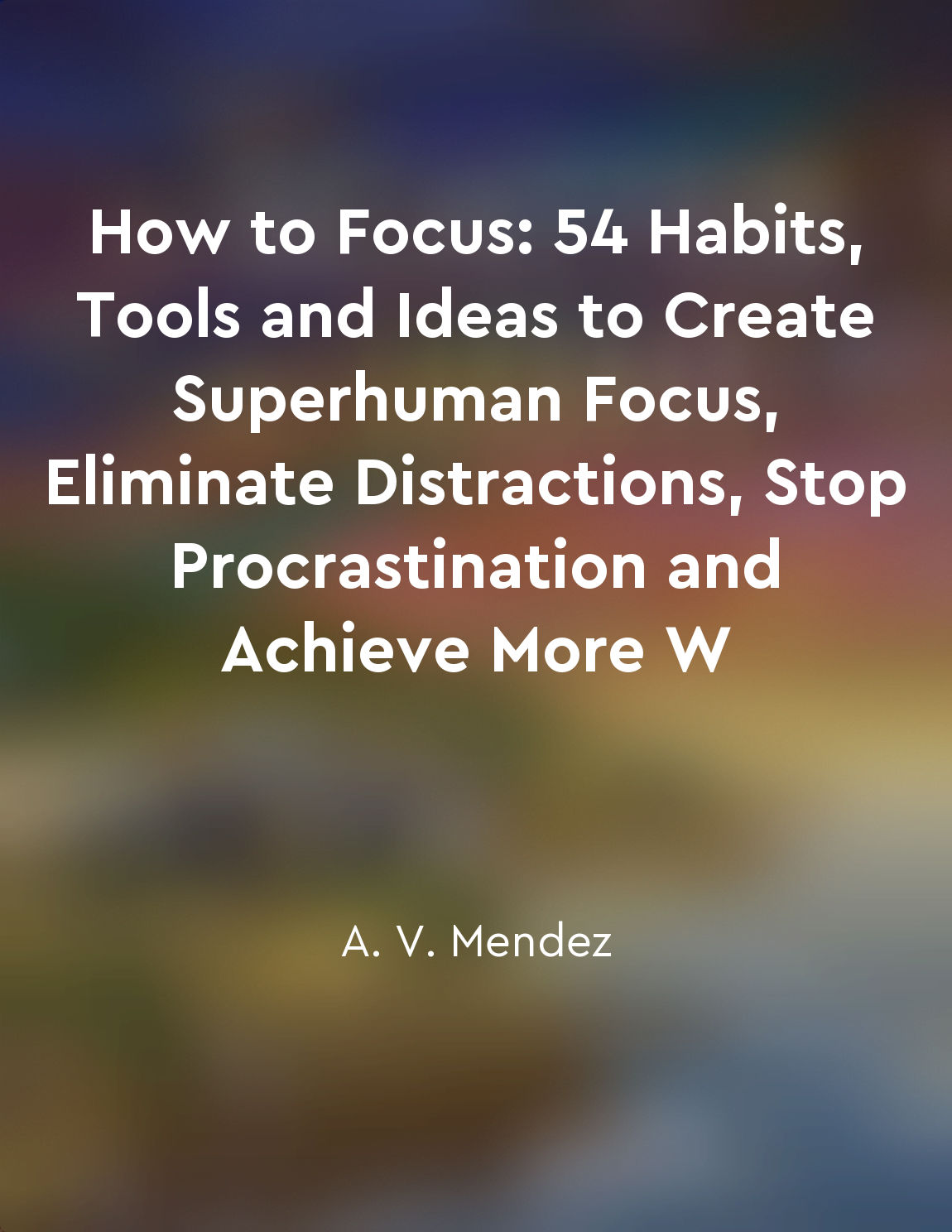Love challenges our beliefs and perceptions from "summary" of The Forty Rules of Love by Elif Shafak
Rumi's encounter with Shams, the wandering dervish, brought about a profound transformation in his life. Shams challenged Rumi's beliefs and perceptions with his unconventional ways and unorthodox teachings. Love was the catalyst for this transformation, pushing Rumi out of his comfort zone and forcing him to reevaluate everything he thought he knew. Through his interactions with Shams, Rumi learned to question the dogmas and doctrines that had previously defined his understanding of the world. Love opened his eyes to new possibilities and perspectives, leading him to embrace a more inclusive and compassionate worldview. In the process, Rumi was forced to confront his own biases and prejudices, shedding light on the limitations of his previous beliefs. Shams' presence challenged Rumi to break free from the constraints of societal expectations and norms, encouraging him to follow his heart and pursue a deeper spiritual connection. Love allowed Rumi to transcend the boundaries of his ego, enabling him to see beyond the superficialities of life and tap into the deeper truths that lie at the core of existence. As Rumi delved deeper into the mysteries of love, he began to realize that it was not just a fleeting emotion but a powerful force that had the ability to transform individuals and societies. Love compelled Rumi to question the status quo and envision a more harmonious and interconnected world where differences were celebrated rather than feared. In the end, Rumi's journey with Shams taught him that love is not just about romantic relationships but about the universal bond that connects all beings. Love challenges us to look beyond our preconceived notions and embrace the unknown, opening our hearts and minds to the infinite possibilities that lie ahead.Similar Posts
Navigating emotions in academia
Navigating emotions in academia can be a tricky endeavor. The high-pressure environment of research and publication can often l...
Lovingkindness meditation can increase feelings of love and compassion
Lovingkindness meditation is a practice that involves directing feelings of love and compassion toward oneself and others. Thro...
Past traumas can affect how people behave in the present
In the end, people generally find a way to live with their traumas. But it doesn't mean they disappear, or that they don't affe...

Set boundaries to protect your focus
To protect your focus, it is crucial to set boundaries. Boundaries act as a shield against distractions, allowing you to concen...
Embrace the power of vulnerability in building true intimacy
In the dance of intimacy, vulnerability is the key that unlocks the door to true connection. It is the willingness to open up o...
The journey towards selfrealization is never-ending
The path to self-realization is like an endless river flowing through the mountains. As we navigate through life, we encounter ...
Honesty is the foundation of trust
In relationships, whether they are personal or professional, trust is a vital component that holds everything together. Without...
Embracing change is essential for personal growth
Change is like a wild horse. You can either try to control it or you can learn to ride it. I’ve always chosen the latter. Chang...

Grief can lead people to make risky decisions
In the cozy little café where time travel is possible, grief is a common visitor among the patrons. It is a heavy burden that w...
